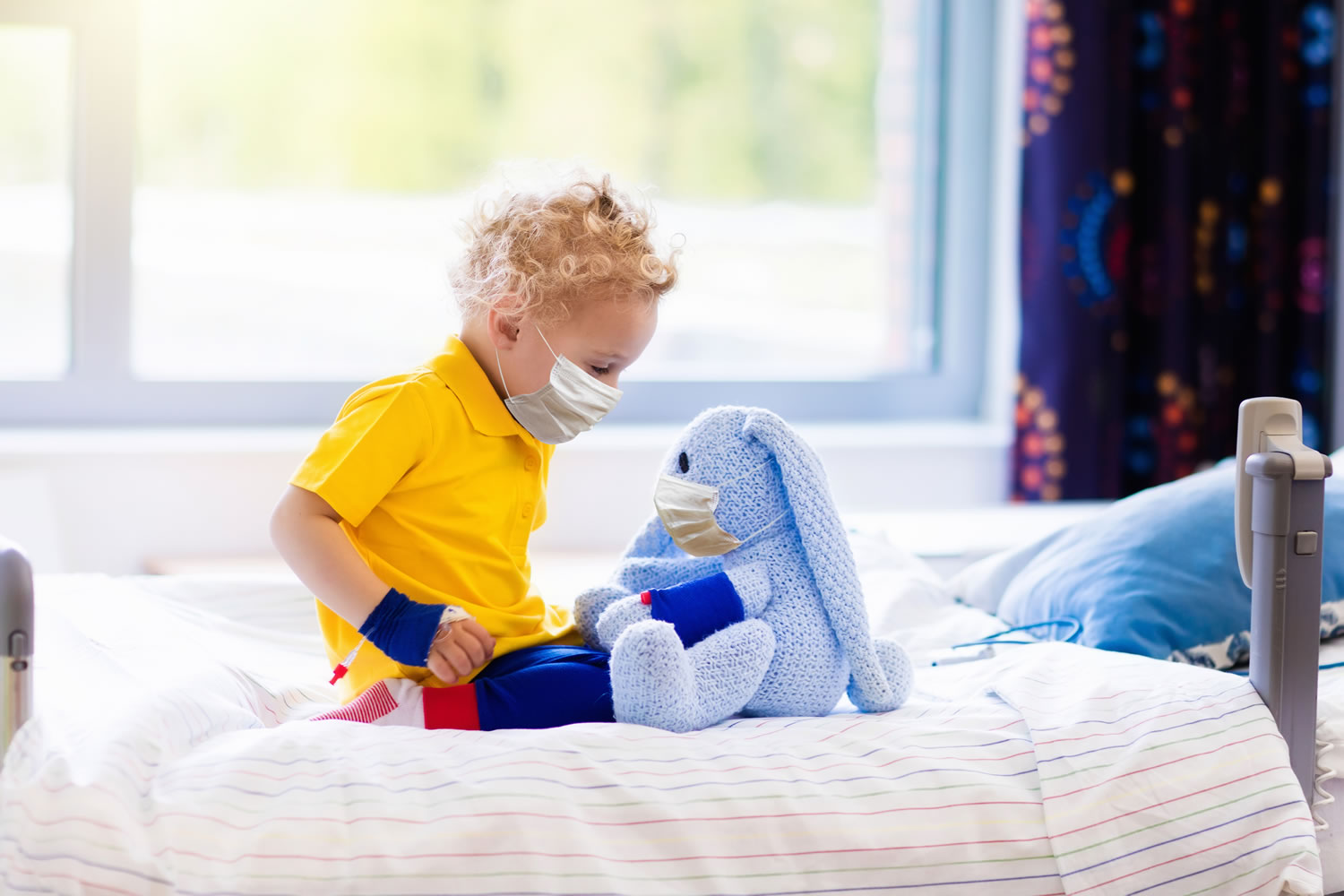How COVID-19 Alert Levels affect early learning services
Published on Wednesday, 24 March 2021
Last updated on Monday, 22 March 2021

It’s been a year since our government introduced the four-stage COVID-19 Alert System, and although we’ve spent a lot of time at Alert Level 1, the pandemic continues to have an unpredictable effect on life as we know it.
To ensure you’re clear about how the different Alert Levels affect child care, here’s a rundown.
Early learning under Alert Level 1
As you’d be aware, Alert Level 1 means that COVID-19 is contained in New Zealand and early learning services are open for all ages. We need to be ready in case COVID-19 reappears in our community, though, and this means:
- Practising good hygiene
- Staying home if sick
- Getting tested if you have cold, flu or COVID-19 symptoms, and
- Keeping track of where you’ve been and who you’ve seen
Early learning under Alert Level 2
The second Alert Level signals that the disease is contained, but the risk of community transmission remains.
Early learning services are open for all age groups, and it’s safe to send your child to care because there are appropriate measures in place to prevent the spread of COVID-19 and support contact tracing. Your child doesn’t need to wear a face mask.
As a parent, you can come on-site at your early learning service, but need to be noted in the sign-in register, and it’s recommended that you stay two metres apart from people you don’t know.
All early learning services must display a QR Code poster for the NZ COVID Tracer App, and you can use this to check-in when dropping off and picking up your child.
Most day-to-day activities can go ahead as normal, but if an event or activity brings people on-site who aren’t there for an education purpose (including older children, parents and care-givers), then the rules for gatherings do apply to everyone. Some large-group events may need to be postponed or cancelled under Alert Level 2.
Your child legally must stay home if they:
- Are unwell
- Have COVID-19 symptoms
- Are self-isolating, or
- Are waiting for the results of a COVID-19 test
If your child does have to stay home to isolate or await a test result (or you choose to keep them home because they’re vulnerable to illness), then distance learning should be provided.
If your service is connected to a confirmed or probable case of COVID-19, the government says, ‘It legally must close temporarily, if advised by the public health unit, to allow for contact tracing’ and cleaning.
Early learning under Alert Level 3
Alert Level 3 indicates that there’s a high risk that COVID-19 is not contained.
Children should learn at home if possible, but early learning services are open for those who need to attend (e.g. if you have to go to work and your child can’t be supervised at home by an appropriate person).
If your child does attend their early learning service, they’ll be put in a bubble of no more than 20 children and kept a two metre distance from other bubbles. Where possible, teachers will stay with the same bubble of children.
As with Alert Level 2, if your child is sick, they should stay home. And if they have cold, flu or COVID-19 symptoms, you should seek medical advice and get tested if recommended.
The government says home-based early learning services can operate, up to the maximum number of licensed children (four), as long as they meet public health requirements. However, play centres and playgroups will be closed at Alert Level 3.
If your child stays home from their early learning service, Home Learning/ Papa Kāinga TV provides educational episodes for preschoolers (and older children) and Mauri Reo Mauri Ora also provides content to educate and entertain youngsters.
Early learning under Alert Level 4
The highest Alert Level means it’s likely that COVID-19 isn’t contained and we’re in lockdown. Businesses are closed, except for essential services (like supermarkets, pharmacies and petrol stations), and educational facilities are closed.
It’s hard to predict how the pandemic will play out in the coming months, but whatever the future holds, you can trust the government to use the Alert Levels wisely.
They’re keeping us up-to-date on the Unite Against COVID-19 website, and you can get free COVID-19 health advice and information by calling Healthline on 0800 358 5453.
Your early learning service has your child’s best interests in mind, so make sure you work with them to follow the advice of our government and health professionals, and we wish your family well.
References
Ministry of Education: Early Learning Bulletin
Ministry of Education: Advice for Early Learning Services
Related Articles

COVID-19 Information for ECEC
COVID-19 – information for ECEC.

COVID-19 Information for Parents
COVID-19 Information for Parents.

How are ECE services responding to COVID-19?
Rapidly changing circumstances around containment measures and the spread of COVID 19 mean it is very important to rely on official sources of information.
